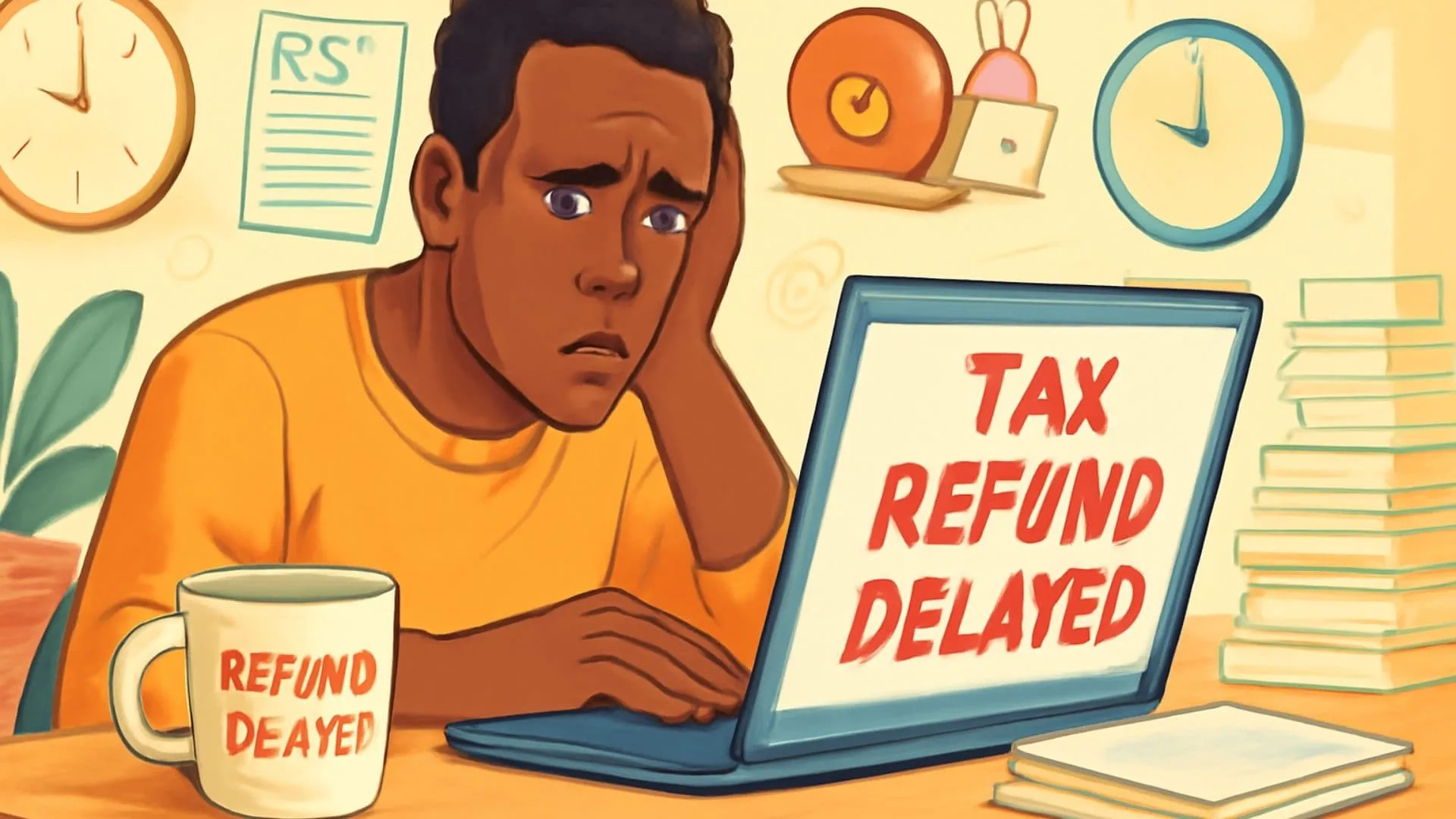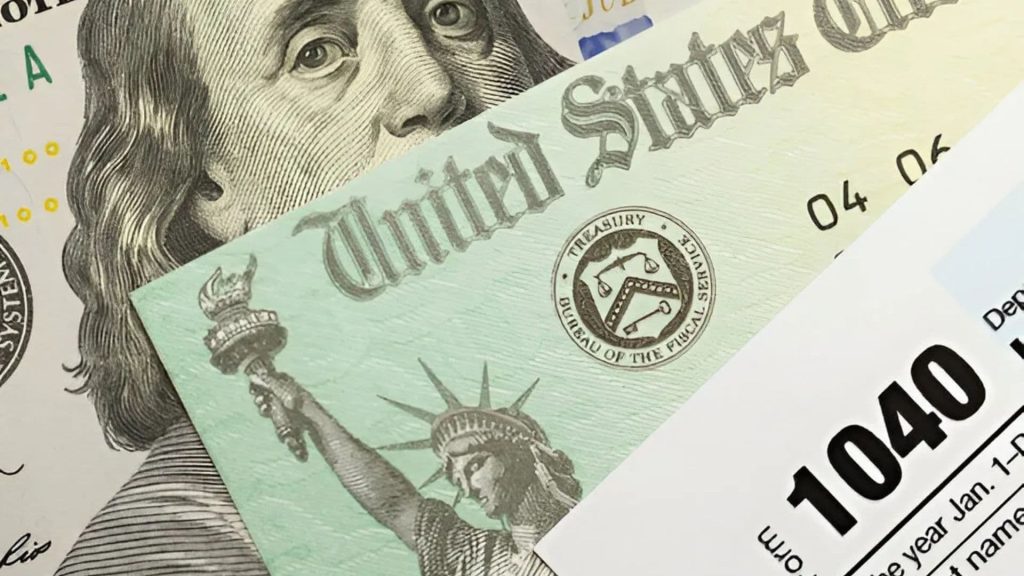
You did everything right—filed your taxes, triple-checked your math, and hit “submit.” But now you’re staring at that very familiar message: “Your Refund is Delayed as the Return is Still Under Processing.” Wondering why your tax refund is taking longer than three weeks? Here’s the scoop: this title means the IRS (or your local tax department) is still reviewing your tax return for accuracy, potential issues, or missing information, causing a temporary holdup. In this deep-dive, we’ll untangle why your refund is stuck, how long you should expect to wait, what steps you can take to speed things up, and the top reasons the IRS (or state) presses pause on refunds—without repeating the same info over and over. Whether it’s missing info, system backlogs, extra verification, or simply a surge in filings, we’ll help you troubleshoot your hold-up and get your refund journey back on track!
What Does “Return is Still Under Processing” Mean?
When you check the IRS “Where’s My Refund?” tool or your state’s online tax tracker and see this status, it means your tax return was received, but is still being reviewed before approval. This review is totally normal but can take longer for certain returns or during busy periods. While the majority of refunds arrive within 21 days of e-filing (or longer if you mailed it), anything requiring more checks, corrections, or special credits will take extra time to process.
Top Reasons Your Refund is Delayed Under Processing
Here’s a breakdown of the most common causes for seeing this message:
- Return has errors or missing info. Small mistakes like typos, incomplete forms, or missing Social Security numbers cause the IRS to flag your return for manual review.
- IRS backlogs or high filing volume. The IRS can get swamped, causing standard processing to slow down—especially right after tax deadlines or during staffing shortages.
- Special credits or additional forms claimed. Tax returns claiming the Earned Income Tax Credit (EITC), Additional Child Tax Credit (ACTC), or filing with Form 8379 often require longer review.
- Identity verification or suspected fraud. Extra identity checks, tax fraud filters, or prior-year audit flags will freeze your return until the issue clears up.
- Mismatch in reported income or deductions. The IRS cross-checks your return with employer statements (W-2s or 1099s); any differences slow the process.
- Outstanding debts or offset. If you owe federal/state taxes, child support, or have filed old returns, your refund might be put on hold or used to pay those debts.
- Bank account issues. Invalid bank info or a non-validated account can delay your refund’s deposit.
- Paper return or manual processing. Filing by mail means more waiting—paper returns always take longer than e-filed ones.
- Random scrutiny or compliance check. Some returns are randomly selected for review to confirm accuracy and prevent fraud.

How Long Should You Wait?
- For e-filed returns: Most refunds process within 21 days, unless there’s an issue.
- Paper returns: Typically take at least four to six weeks to process.
- If it’s been longer and your status hasn’t changed, your return may be under additional review or correction. Patience is key—but you don’t have to stay in the dark!
Steps to Take if Your Refund is Delayed
- Check your status online. Use the IRS “Where’s My Refund?” tool or your state’s refund tracker with your Social Security Number, filing status, and refund amount.
- Review your return for errors. Double-check your return for missing or incorrect info; common errors include wrong bank details, name mismatches, or unverified bank accounts.
- Look for IRS notices or requests. The IRS sends letters if they need more info (often giving you a specific deadline to respond).
- Wait 21 days (e-file) or 6 weeks (paper). Only contact the IRS Refund Hotline if you’ve waited this long without status updates.
- Verify your identity if requested. If you’re asked to visit the online verification tool or provide documents, respond immediately to avoid ongoing delays.
- Contact a tax professional. If you’re unsure why your refund is delayed, a qualified tax advisor can help decode the mystery or advise on next steps, especially if you’ve received a notice or audit request.
Pro Tips for a Faster Refund Next Year
- Always e-file and opt for direct deposit.
- Double-check every entry before submitting.
- File early—avoid the backlog crunch!
- Keep all income documents handy and match them to your return.
- Set up and pre-validate your bank account for hassle-free deposits.
Frequently Asked Questions (FAQs)
Why does my IRS refund status say ‘still under processing’?
It means your return needs more review—most commonly due to errors, special credits claimed, or identity verification.
How long should I wait before contacting the IRS?
If you filed electronically, wait 21 days. For paper returns, wait at least 6 weeks before calling.
Godspeed—may your refund finish running the paperwork marathon and cross the finish line into your bank!